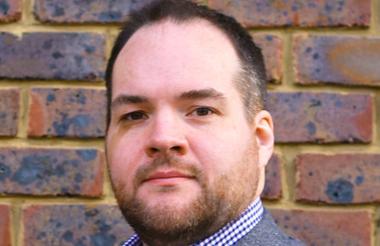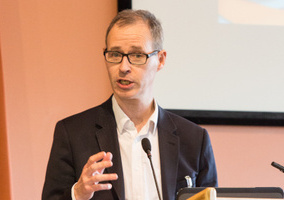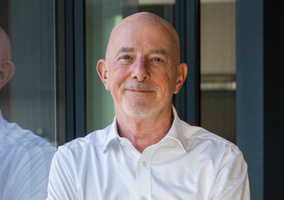Something I often hear senior fundraisers say is: “It’s so tough out there right now; there just aren’t any good fundraisers available.” Rubbish – people just don’t want to work for you, or you can’t retain the good people you have. This is what we need to change.
First, we need to look at what we are recruiting for. We’re always looking for a proven expert with a background in reaching the impossible while being “innovative, dynamic and forward-thinking”. We’re essentially looking to recruit a unicorn. And don’t expect there to be any help or financial contributions towards building or maintaining skills if we do hire you because “we have a pooled training budget of next to nothing that no-one can access”. Competencies matter, but we are a profession without an understood competency framework. Why should fundraisers be left without the quality training we need to succeed?
Second, we need to look at what we are paying people. The old idiom “If you pay peanuts, you get monkeys” is not meant to denigrate anyone, but simply recognise that talent costs money. The same central London role in corporate fundraising I had a decade ago has just been re-benchmarked and advertised ... at the same salary.
Living anywhere costs money and most people do not live to work. Unless you are from a subsidised household it is just unaffordable to do most jobs in fundraising, and not all of us have the bank of mum and dad to live on. If we want great results, we should remunerate better as a profession. And show the damn salary when advertising jobs! The UK and the western world is going into a recession (and quite likely, a depression) and fundraising is about to get tougher still. Well-paid, capable, competent fundraisers are what we need now, not a dreamworld of sunshine and rainbows.
Third, we should actually care about our people. Huge swathes of fundraisers were cast aside, furloughed and restructured out of their roles in the last three years. And even before the pandemic, we had forgotten about the wellbeing and safety of the people we had been asking to do this work. Why were we sending fundraisers out into situations that risked sexual assault and abuse? Why did we insist on unachievable KPIs and targets and then berate fundraisers when, having flogged themselves to the point of burnout or worse, they didn’t achieve them?
I’ve recently heard the term “fundraising survivor” and I see that expressed by so many who have left the profession. We did that to them. There are occupational charities for almost every profession in the UK and yet charity workers, and fundraisers especially, have little or no formal support. Counsellors and case workers have supervision sessions as part of their profession – should there be a comparator for fundraisers? Some charities have employee assistance programmes, but not most. This collectively speaks to a culture of not caring about our fundraisers.
And finally, we should actively care about who makes up our teams. A good friend of mine once opined: “Take the logo off the walls of any major fundraising team office and you couldn’t tell which charity you were in. You’ll mostly see straight, white, middle-class women being led by straight, white, middle-class men every time.” I am a gay, hearing-impaired, working class, noisy introvert man, leading a team of 16 fundraisers. We are a diverse team on geography, culture, race, age, religion, class, personality, nationality, gender, background and sexual orientation, and we are stronger for it (but still need to be more diverse). The PWC/Institute of Fundraising report Who Isn’t in the Room was published in 2019 calling for greater diversity within the profession. Time’s up on changing this and charity fundraising leaders in the top 250 organisations should be called out on their lack of progress.
The pandemic has given us an opportunity to change the rules, but only if we are prepared to tackle the problem and not the symptom.
Damian Chapman is director of strategic marketing and income generation at the Charity for Civil Servants @damianchapmanuk
Related articles












